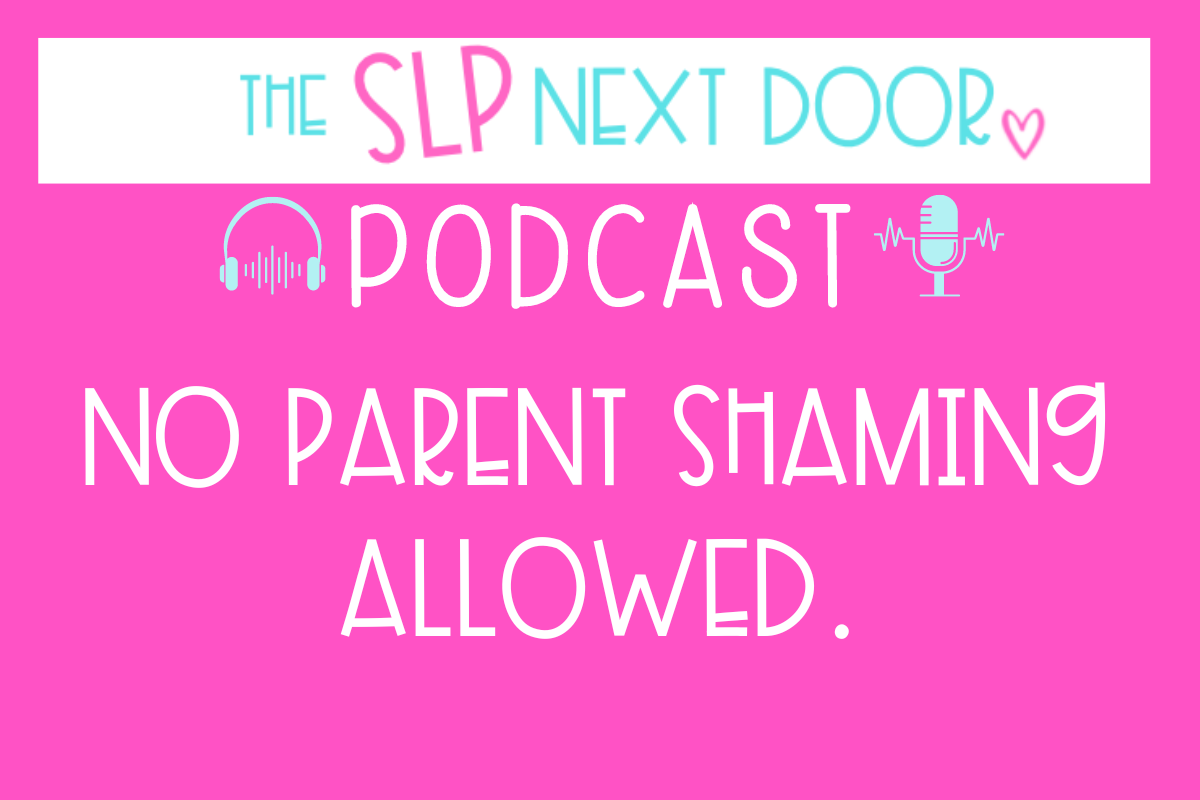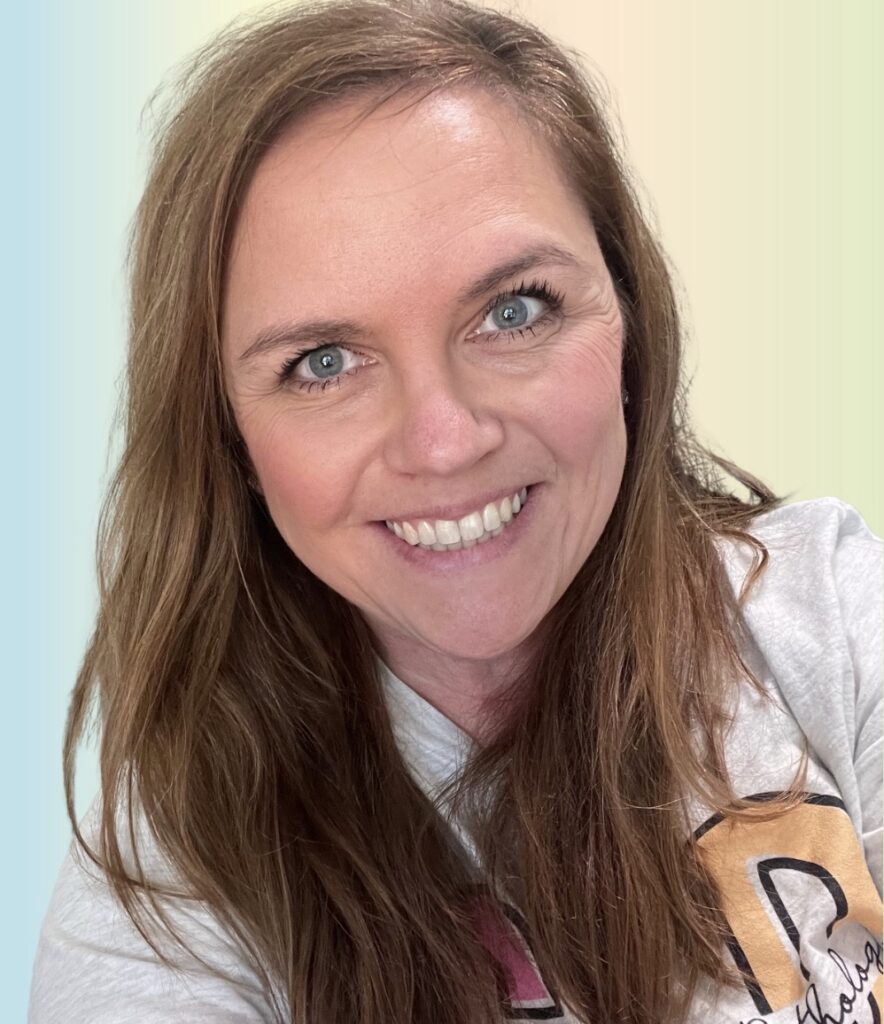Welcome back, friend! I’ve got to be honest with you. When I started to write this week’s episode, I had a plan to hype up my brand-new SLP early intervention guide, which is set to release soon… but something came up that changed all of that. I kept seeing a social media post shared, and I have a few thoughts. The synopsis? Parent shaming.
We clinicians take for granted our prior knowledge of these questionnaires. We know why it’s important to fill out the forms and what pediatricians look for when they read them.
Your average parent does not have this background knowledge. No one is there to explain the importance of the forms to them, much less walk them through them.
More to the Story
In all my years working with toddlers, I’ve met many caregivers, parents, and teachers of little ones, and they all have one thing in common: they want what’s best for the kids.
In my experience, the breakdown always occurs in 1 of 3 places. Parents don’t understand the forms. They don’t know the developmental milestones. When they receive a referral, they don’t always have a clear understanding of “why,” and they don’t know what should happen next.
We’ve gotta stop the parent shaming. It’s not fair, and it creates a biased opinion that they’re lying, which will affect our judgment in evaluations (and even treatment). Not to mention, it’s probably not true. It’s rare that a parent straight-up lies about their child. Chances are they don’t understand what’s being asked or the norms.
Either way, it’s up to us to be kind, help educate parents on where their child is developmentally, and give them the tools to help their child be successful.
Links mentioned in today’s episode:


